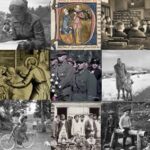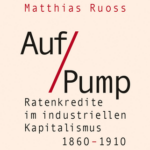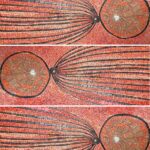 Seventh Annual HEX Conference 2025 (Web)
Seventh Annual HEX Conference 2025 (Web)
Time: 10.-12.03.2025
Venue: Tampere Univ., Finland
Proposals by: 29.11.2024
The history of experiences is a burgeoning, interdisciplinary field of study that sets out to comprehend the manifold roles and meanings of experience in history. It charts the dynamic interplay between the individual, community, and society at large. The history of experiences reconsiders how experience is defined and used as a key element of historiographical practice. Historians of experience highlight the generative role of experience in shaping history and its vital importance to any comprehensive historical analysis. Rather than as an isolated, extraneous facet of historical study, experience is most fruitfully studied as situated within social structures and institutions, with which it is in constant interaction. Experience is deeply intertwined with the fabric of culture, and understanding cultural change requires examining experience within its context.Historians of experience constantly develop the approaches and concepts central to their field. They interrogate the specificities of their domain and self-reflectively ask how it is situated in the wider historiographical context. New sources help unravel the multilayered historicity of experience.
Within this framework, the seventh annual HEX Conference will reassess the premises on which this field rests and consider what historicizing experience entails. How is experience produced, and why is it crucial to understand it as a historical process?
The organisers invite proposals for papers and panels that span a range of periods, methodologies, and disciplines with only one, all-encompassing methodical goal in mind: historicizing experiences. By encouraging diverse contributions, they aim to create a forum that engages in discussion about the state of the field through conceptual case studies and more theoretically oriented reflections. Read more and source … (Web)
Source: H-Net Notifications

 Institut für Historische Sozialforschung
Institut für Historische Sozialforschung  Erstes Forum für Dissertant:innen und Forscher:innen in Österreich und angrenzenden Regionen an der Univ. Innsbruck
Erstes Forum für Dissertant:innen und Forscher:innen in Österreich und angrenzenden Regionen an der Univ. Innsbruck